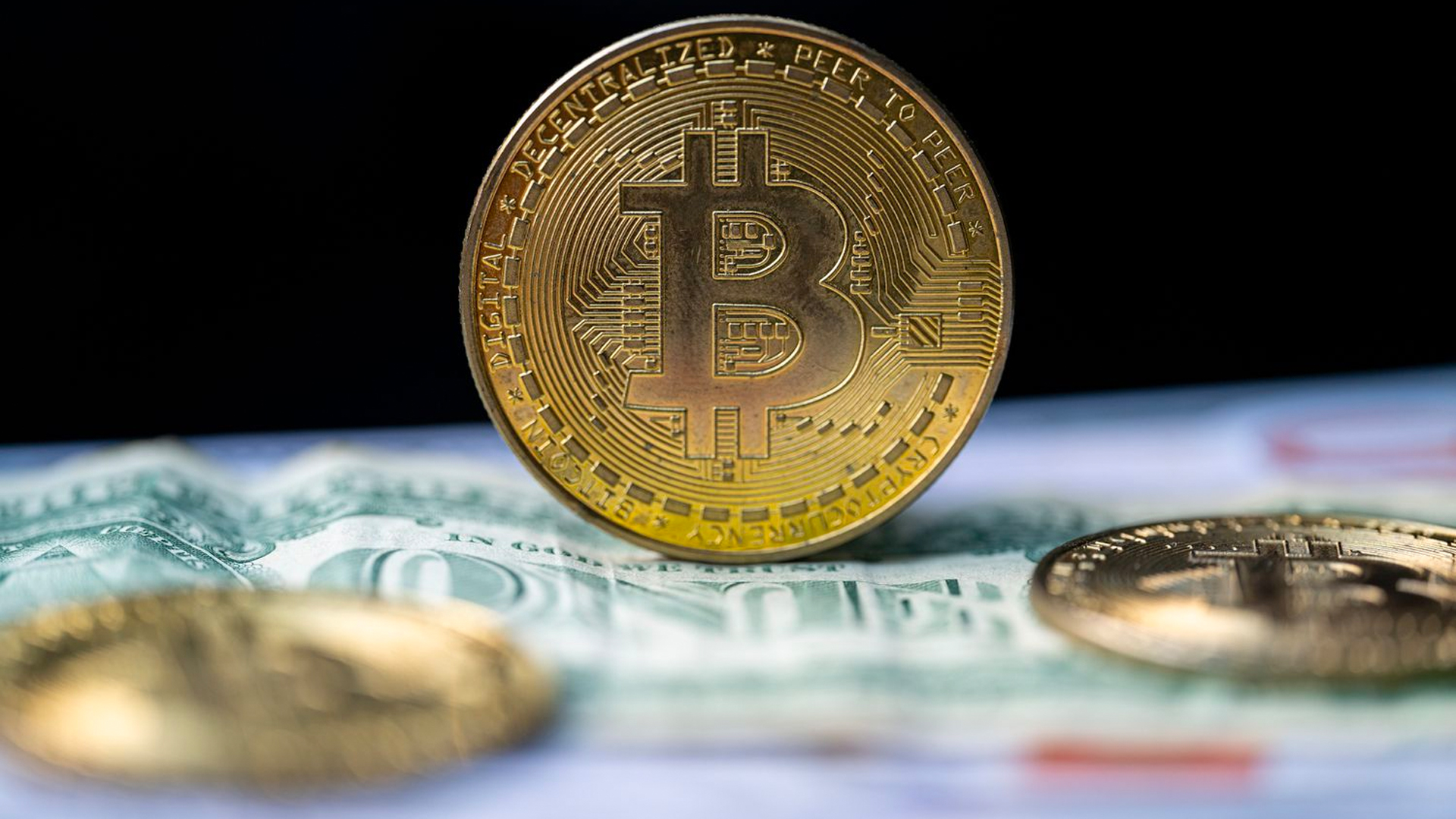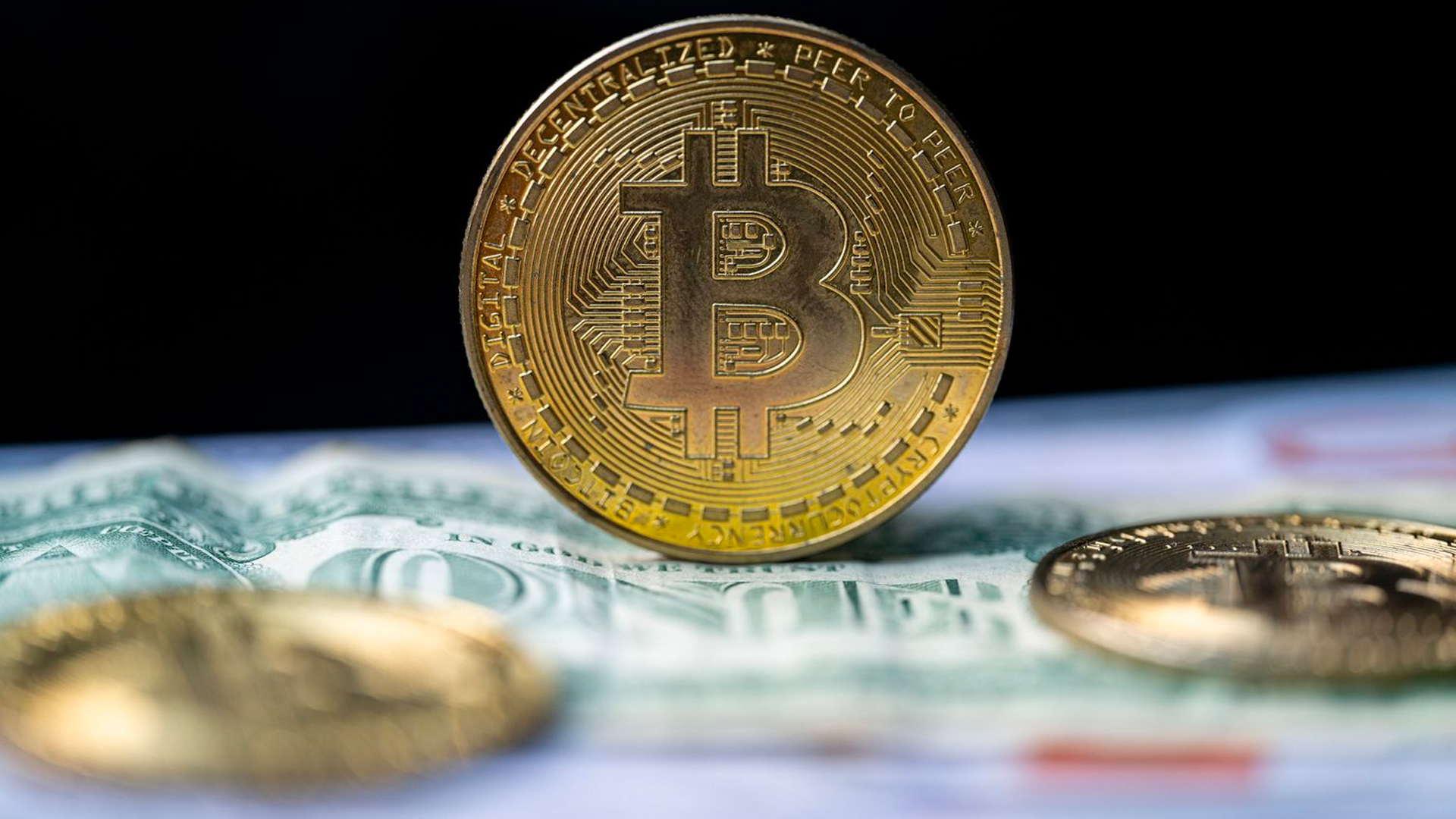New York: Former Goldman Sachs director Rajat Gupta, the highest-profile name to get caught up in US Attorney Preet Bharara’s insider trading probe, faces up to 10 years in prison when sentenced on Wednesday. Luckily for Gupta, his sentencing judge is even-handed Jed S. Rakoff, who often imposes sentences considerably below federal sentencing guidelines than some other judges do.
Bharara has determined that a sentence of 8-10 years is just right for the insider trading offense Gupta was convicted of on 15 June. On the other hand, Gupta’s legal team has asked for no jail time - just community service. Some big names, including Bill Gates and Kofi Annan, have chimed in and have asked the judge to spare Gupta from prison.
There is no doubt that Bharara is gunning for Gupta, as he is a major corporate figure, and he wants to send a tough message to discourage others from insider trading.
“I think Judge Rakoff will look at Mr Gupta as an individual; not as a whipping boy. It will be unfair for him to receive a harsher sentence because prosecutors want to deter others from insider trading,” said Jack Marx, a white-collar defence attorney.
Gupta, who was convicted in June of three counts of securities fraud relating to tips about Goldman and one count of conspiracy, didn’t trade or profit from passing secrets he learned, while serving on the board of directors of Goldman Sachs, to Raj Rajaratnam, the founder of hedge fund Galleon.
Judge has track record of showing leniency
No one harboured any illusion that Rajaratnam was going to beat the rap for insider trading, but the courts sent a shock message to Wall Street in May last year by sentencing the hedge fund billionaire to 11 years in prison, one of the longest prison terms in history for insider trading.
“Gupta is no Rajaratnam. Gupta tipped inside information about one company to Rajaratnam, while Rajaratnam traded on confidential information collected from many sources. So you’d expect that Gupta would be treated differently when he appears for sentencing. Federal sentencing guidelines, however, suggest a prison term for him that’s similar in length to the 11 years Rajaratnam is serving,” said Slate magazine.
“Because what Gupta and Rajaratnam did is so different, though, sentencing Gupta to anything like the time Rajaratnam is serving undermines the whole purpose of the sentencing scheme that prosecutors say they want to uphold,” added Slate.
Luckily for Gupta, Judge Rakoff probably appreciates the point that Slate is making. He is widely expected to hand out a sentence considerably less than what federal guidelines recommend.
Since 2010, Judge Rakoff has imposed an average sentence of 21 months on insider-trading defendants who didn’t cooperate with prosecutors - about 38 percent below the guideline minimum, according to a Wall Street Journal analysis.
Gupta likely to get marks for philanthropy
The Journal also highlighted that Judge Rakoff has said the most important factor for him is “the essential character” of the defendant: whether “fundamentally he was a greedy person” or a good person who “departed from their better impulses.” The need to send a message is the second most important, he has said.
Forbes said the judge is known for giving credit, a lesser prison term, to those like Gupta who have shown that they have lived an honorable life up until the time of their offense. “Gupta, with over 200 letters asking for mercy at sentencing and a well-documented history of service to humanity, will present a convincing case for Rakoff to consider,” said Forbes.
What is sad about Gupta’s Icarus-like fall is that the man obviously loves India and has worked hard after retiring from McKinsey to give back. He got corporate executives of major companies to donate millions to start the Indian School of Business (ISB) in Hyderabad. Gupta resigned as chairman of the board of directors at ISB in March last year to save the school embarrassment. ISB has stayed loyal to him, saying the resignation was unnecessary because he is blameless.
Gupta also worked with former President Bill Clinton in leadership roles at the American India Foundation as the chairman of the Global Fund for AIDS. The charges are a stunning reversal of fortunes for soft-spoken Gupta who grew up in Kolkata and studied at the Indian Institute of Technology, in Delhi.
He moved to the US in 1971 to study in Harvard Business School. Two years later, he joined the largely white, clubby McKinsey & Company. In 1994, at the age of 45, Gupta became the first non-Westerner to lead the blue-blooded consultancy firm.


)




)
)
)
)
)
)
)
)